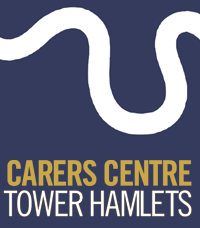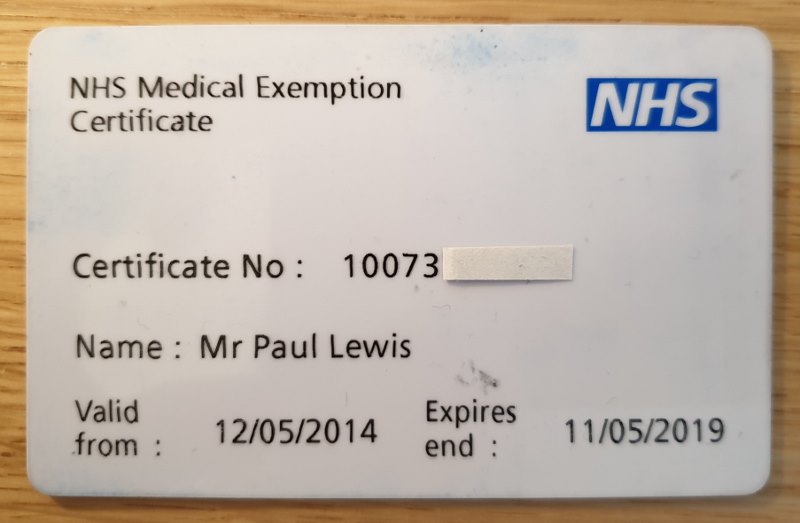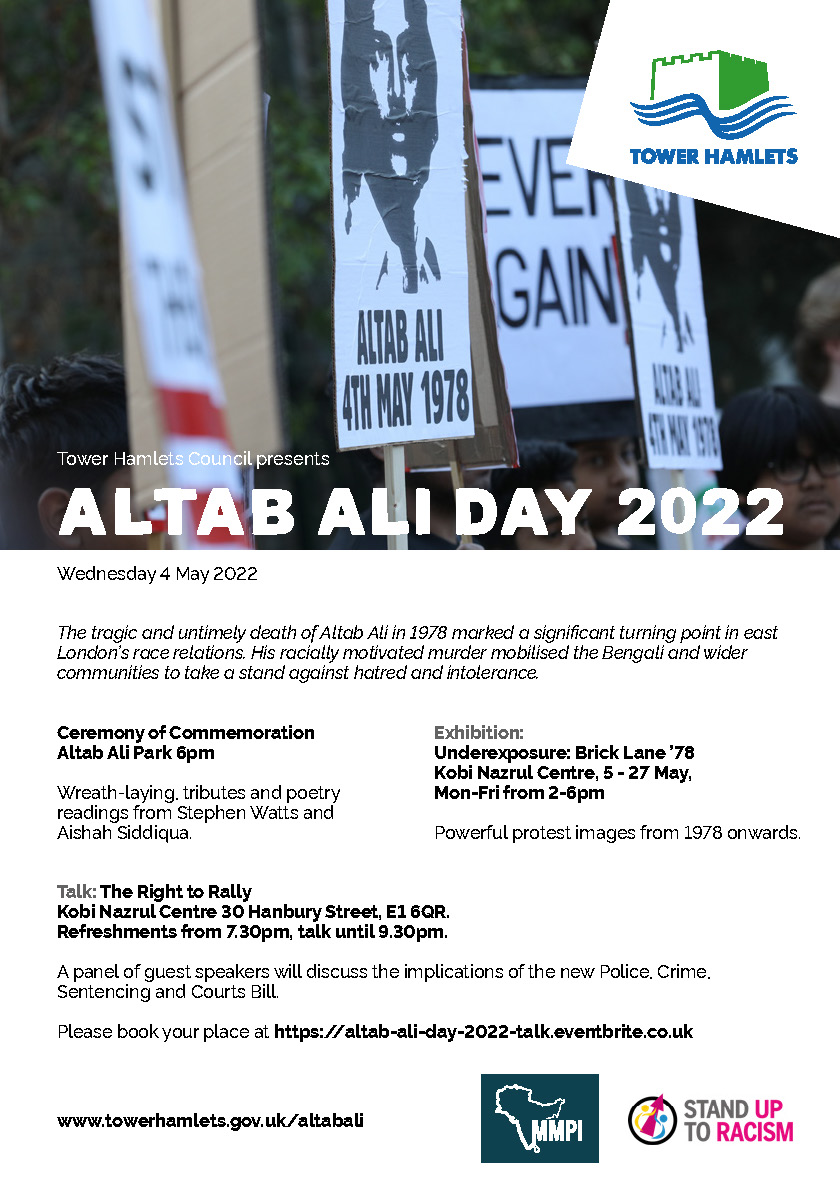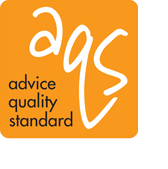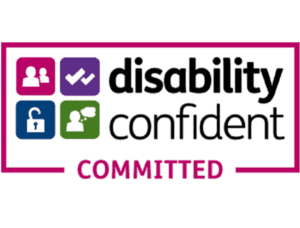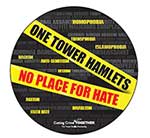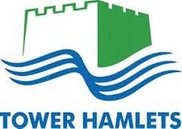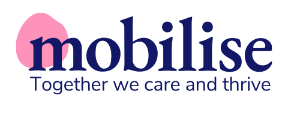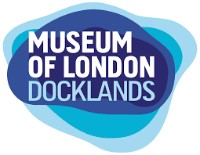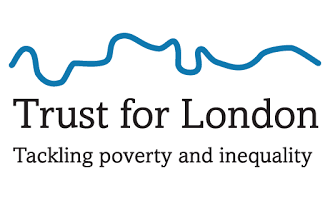Hello Everyone – Eid and how it is good for your wellbeing.
Eid is one of two official festivals in the Islamic Calendar, when Muslims around the world celebrate by gift-giving and spending time with their loved ones. I was talking to a carer yesterday and said ‘Ramadan is coming to an end’. He said he was quite sad as it had been a wonderful Ramadan. This surprised me for a moment but after thinking, I realised that Ramadan which culminates with Eid sometime over the bank Holiday weekend is so important, powerful and significant an event and so much is invested that it must be sad for it to end. Ramadan is the holiest month of the year in Islamic culture. For Muslims, it’s a time for spiritual reflection and growth, to help those in need, and to spend time with loved ones. It’s also a time when Muslims around the world fast during daylight hours for the whole month of Ramadan.
This also got me thinking that as described Ramadan followed by Eid really is good for your emotional and physical wellbeing. Spiritually and Mindfulness through prayer is advocated as a wonderful way to connect with yourself, shared prayer and food is great for people to connect and be in the moment.
So as you know I like my research and I love to learn and I found this so myself and the Carers Centre team wish everyone a wonderful, peaceful and enhanced wellbeing Eid.
Is Eid Mubarak said internationally?
People across the UK will recognise the term Eid Mubarak as a social greeting for the day, however, different countries and cultures also have their variations.
Bosnia & Herzegovina and Serbia
Bosnian and Serbian Muslims also say “Bajram Šerif mubarek olsun” which means “Blessed celebration of Bajram” Bajram meaning Eid. In response, Muslims will say: “Allah Razi Olsun”.
Turkey
For Turkish Muslims, the term “Eid Mubarak” is not used, and instead, they say “Bayramınız Kutlu olsun” (“May your Eid be blessed”), “İyi Bayramlar” (“Good Eid days”), and “Bayramınız mübarek olsun” (“May your Eid be blessed”).
South Asia
People in South Asia say Eid Mubarak, and sahek hands and hug three times, followed by another handshake after the Salat al Eid (Eid prayers).
However, Urdu speakers reply to Eid Mubarak with “Kahir Mubarak”, meaning “same to you” and “Āp ko Bhi Eid Mubarak” (Eid Mubarak to you as well”).
Pashto speakers say: “akhtar de Mubarak sha” meaning “may your festival be blessed”.
In Bangladesh, people also use the term Eid Mubarak, and may also say: “Eider Shubhechchha” meaning “Eid’s Greetings”.
Southeast Asia
In Malay speaking countries such as Malasyia, Brunei and Singapore, Muslims use the expression: “Selamat Hari Raya” or “Selamat Idul Fitri” (in Indonesian) or “Salam Aidilfitri” (in Malay).
This expression is usually accompanied by “Minal Aidin Wal Faizin”, an Arab sentence meaning “May we be sacred one more time and succeed in our fasting”.
The Philippines, which recognises Eid as a legal holiday, use both Eid Mubarak and the Malay term. For Eid al-Fitr, they say: “Salamat Hariraya Puwasa” and for Eid al-Adha they say: “Salamat Hariraya Hadji”.
Iran, Afghanistan, Tajikistan
Persian speakers say “Eid-e shoma mobarak” or “Eid mobarak”.
West Africa
In the Hausa language, people say “Barka da Sallah”, translating to “blessed Eid prayers”.
In Bambara, the language of Mali, people say “Sambe-Sambe”.
Ghanian Muslims say: “Ni ti yuun’ Palli” meaning “Happy new Eid season” and the Hausa greeting is used too.
Latin America and Spain
The expression “Feliz Eid” is used, meaning “Happy Eid”.
Check out the https://ccth.org.uk/new/calendar/ The May 2022 timetable is now there as this will let you know our weekly activities’ and then email tony@ccth.org.uk for a place.
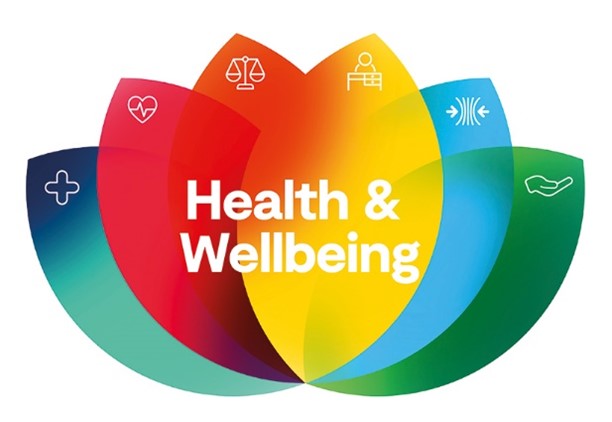
Bringing proof or identity to an appointment of when receiving medical treatments.
I wanted to highlight what you need to bring to your appointment to prove that you can have your treatment for free. Hospital appointments and treatment are free for people who are lawfully resident in the UK. All NHS trusts have a duty by law to establish, without discrimination, if a patient is entitled to free NHS care. Patients not entitled to free NHS care will have to pay. To establish your eligibility for free NHS treatment, please provide at least one document from lists A and B. Documents in list C can help us even more in this process. We reserve the right to request more documentation to establish eligibility.
If you are the parent or guardian of a child under 18 years of age, you need to provide evidence of your child’s entitlement to free NHS treatment. This could be proof of school enrolment or a birth certificate.
List of documents
A) At least 1 item that has your photo
Passport UK Biometric Residence Permit (BRP)/Visa
National ID card Evidence of EU Pre-settled/Settled status
with share code
B) At least one item to prove where you live:
(The proof you use must be less than 3 months old. Your name and address must be on the
letter.)
Water, gas, electric or Council Tax bill Rent/Mortgage/Tenancy agreement
Phone bill (landline only)
C) Any other personal documents that can help establish your eligibility:
European Health Insurance Card
(EHIC) – not issued in the UK
Provisional replacement certificate (PRC)
Wage slip or a P60 Letter or statement from HMRC or DWP
National Insurance or benefits letter Evidence of sickness insurance
A letter from your school or college
confirming you are attending a full-time or
part-time course of study (including
course duration and number of hours per
week of attendance)
Copy of any birth/marriage certificates
An IND and ARC (for patients claiming
asylum)
Any other Home Office issued documents
which are relevant to your application
This list is not exclusive, other documents can be considered where provided.
Medical Exemption Cards
With current backlogs it is advisable to make sure your Medical exertion Card is up to date and when renewing them apply in plenty of time. It could cost you and we do not want that.
Check the link below and make sure you are up to date
https://www.nhsbsa.nhs.uk/exemption-certificates/medical-exemption-certificates
The Carers Wellbeing Academy is looking to recruit a Support Worker
Do you want to be part of a team where you can support unpaid carers to better mental and physical wellbeing?
Do you have skills that can help a diverse community of carers to think about themselves, encourage them to get involved with a range of wellbeing activities such as exercise, Therapeutic treatments, counselling as well as creative activities?
Are you able to communicate with a broad range of people either written, verbally and face to face, and sometimes in a community language, are you able to keep excellent records, encourage participants to feedback their experiences and keep up to date records via our database?
Can you bring an ability to manage a variety of groups, make sure they have good attendance, encourage participants to attend on a regular basis and promote the activities to a variety of partner organisations?
We want you to uphold our policies and procedures, be part of our team and attend team meetings and contribute your thoughts, as well as be able to work flexibly both at the centre and in outreach settings.
You will be supported, line managed and supervised by the Carers Wellbeing Academy Manager and you can contribute to the direction and aims of the academy.
Please inform us if you need any reasonable adjustment when undertaking this recruitment process.
If this sounds like you then please click the link to apply and a Job Description and application form is available via the link
https://www.charityjob.co.uk/jobs/carers-wellbeing-academy-support-worker/825420?tsId=8
The job has gone live with a closing date of the 10th May 2022.
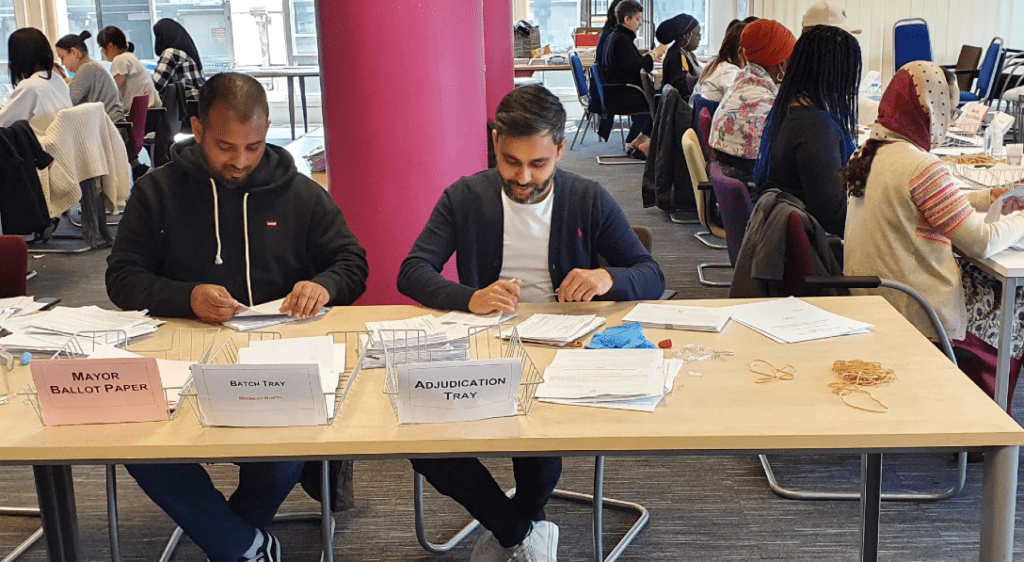
Preparations underway for Local Elections
With only one week to go, residents will have their say on who will represent them on Tower Hamlets Council for the next four years and who their directly elected mayor will be.
Council staff are busy preparing for the elections which take place on Thursday 5 May 2022.
You can also visit our website for lots more information on the election.
Find out more >
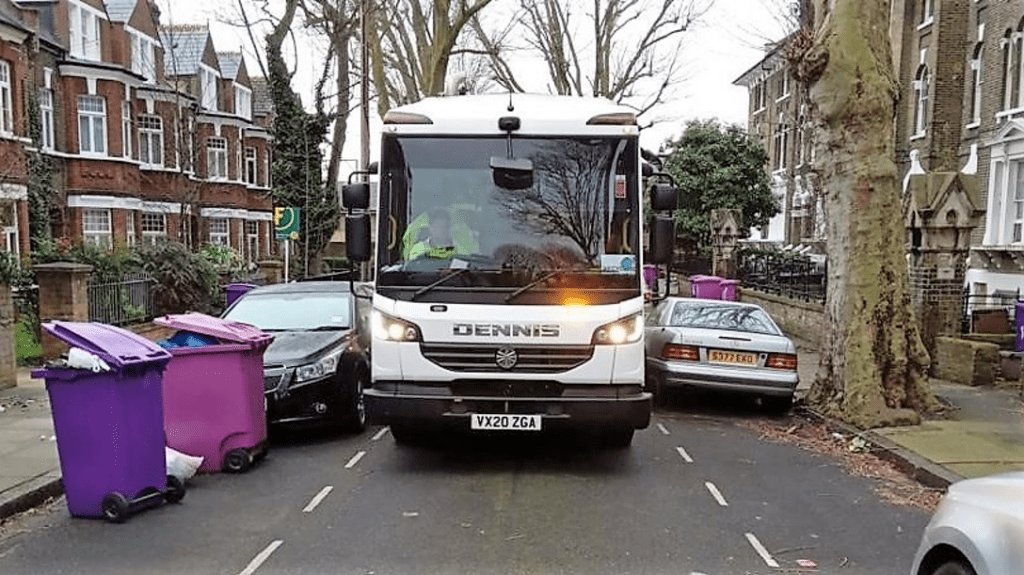
May bank holiday collections
There will be no changes to waste and recycling collections on Monday. Our refuse team will be working over the bank holiday, so if Monday is your collection day, please leave your recycling and waste out as usual.
You can find out more about your collection day by visiting our website.
My waste collection >
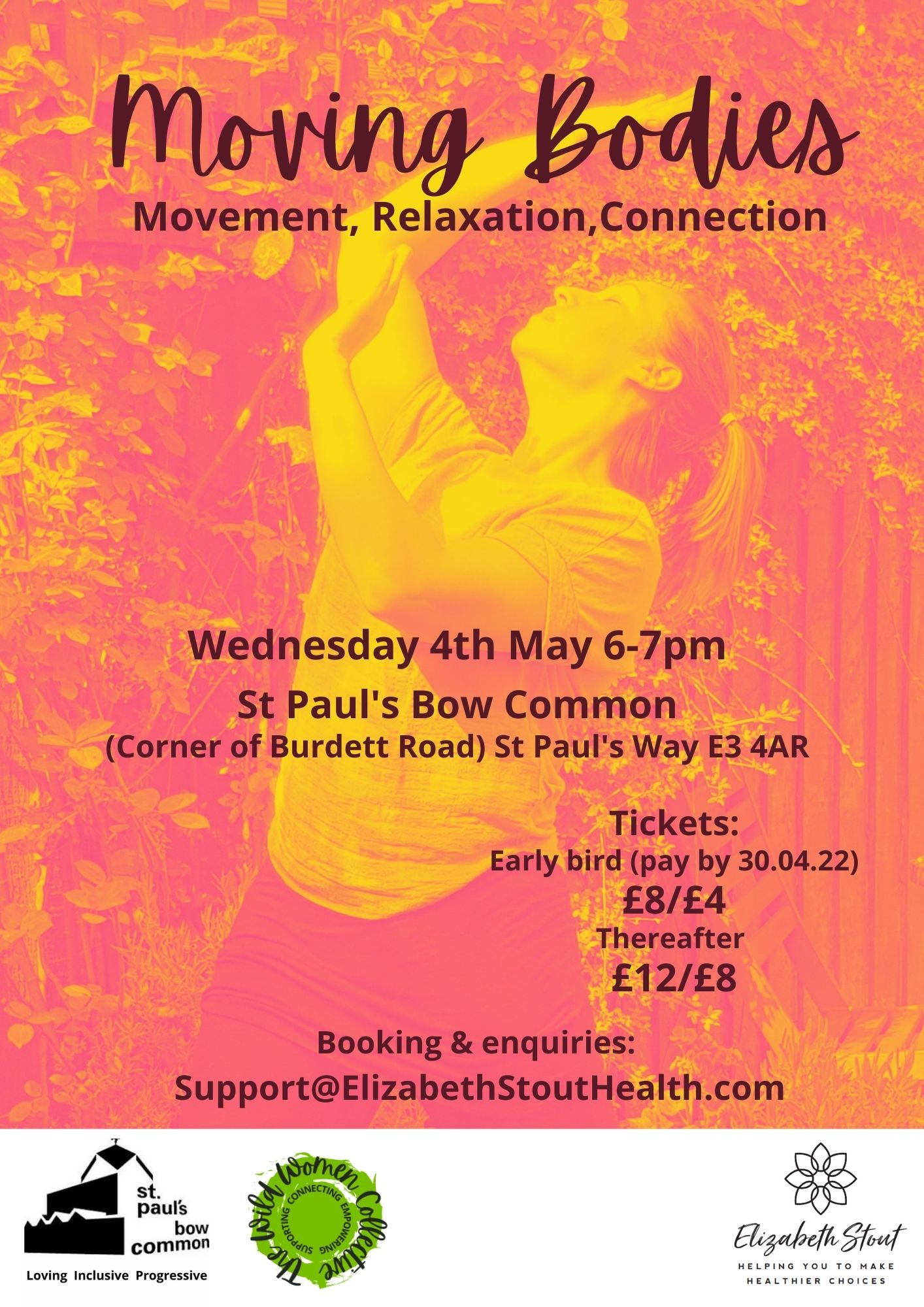
Altab Ali and the Fight For Equality
Altab Ali was the young Bengali man whose brutal murder in Whitechapel in1978 mobilised the Bangladeshi and wider community to take a stand against racial intolerance.
To keep alive the important messages about community cohesion and standing united against racism, it was announced in October 2015 that the London Borough of Tower Hamlets would host Altab Ali commemoration day annually on 4 May.
In 2021, we marked this important day with a screening of Altab Ali and the Battle of Brick Lane and a panel discussion and live Q&A with those who were involved in making this film. The film is now available to watch online.
The Fight for Equality, a fantastic new online education resource, and the short film, Altab Ali and the Battle of Brick Lane, pay tribute to the anti-racist cause for which Altab Ali has become an important symbol.
In 1998 St. Mary’s Park in Whitechapel was renamed Altab Ali Park in his honour.
Altab Ali Day 2022
There will be a commemorative event in Altab Ali Park on Wednesday 4 May at 6pm with wreath-laying speeches, and poetry readings in tribute to Altab Ali and the anti-racism movement which became his legacy. This will be followed by a Talk, The Right to Rally at the Kobi Nazrul Centre and an exhibition – Underexposure: Brick Lane ’78, which opens on 5th May and documents powerful images of protest from 1978 onwards.

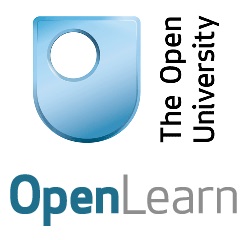
Check out a new free course that has just been launched that focuses on carer wellbeing. It is called ‘Physical activity for health and wellbeing in the caring role’ and has been kindly endorsed by the Carers Trust. The course is 6 hours in length and learners can achieve a ‘badge’ on completion of the end quiz, and this can be added on a CV to evidence their learning/continuous professional development. We hope that it will be helpful to those working with carers, including carer centre staff, those supporting carers less formally and importantly carers themselves!
A carers guide to home fire safety
A new video resource has been launched on the London Fire Brigade website to help carers learn how to keep people that receive care safe from fire.
Sadly, around one third of those here who die or are severely injured by fire are in receipt of some form of care or support. If you are a formal (domiciliary care worker, support worker or clinician) or informal carer (family member, friend or neighbour) and are caring for someone in their own home, this new resource will help you identify fire risks and show you what you can do to reduce them. There is also more information available on the website around fire safety and prevention.
Watch the video >
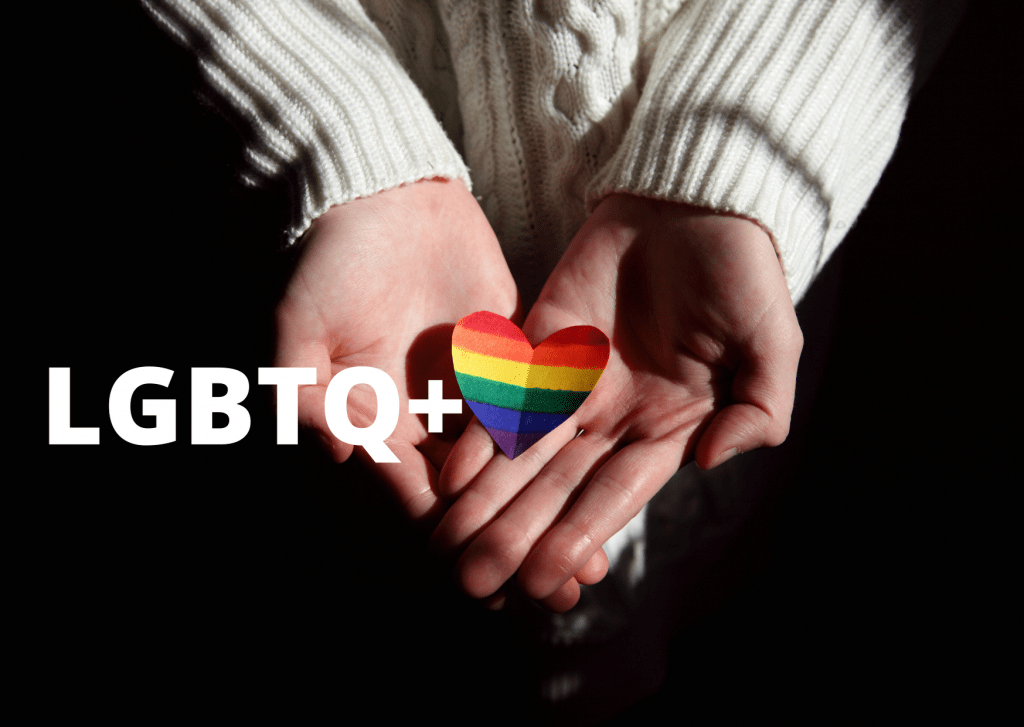
ELOP’s LGBT+ Groups
Join our fun, friendly and non-judgemental safe space to meet new people and discuss LGBT+ topics!
LGBT+ Over 50 Social Group
Every Monday 1.00 – 2.30pm, online
LGBT+ Social Support Group
Every Tuesday 7.00 – 8.30pm, online
Stonewall – https://www.stonewall.org.uk/
LONDON Friend – https://londonfriend.org.uk/
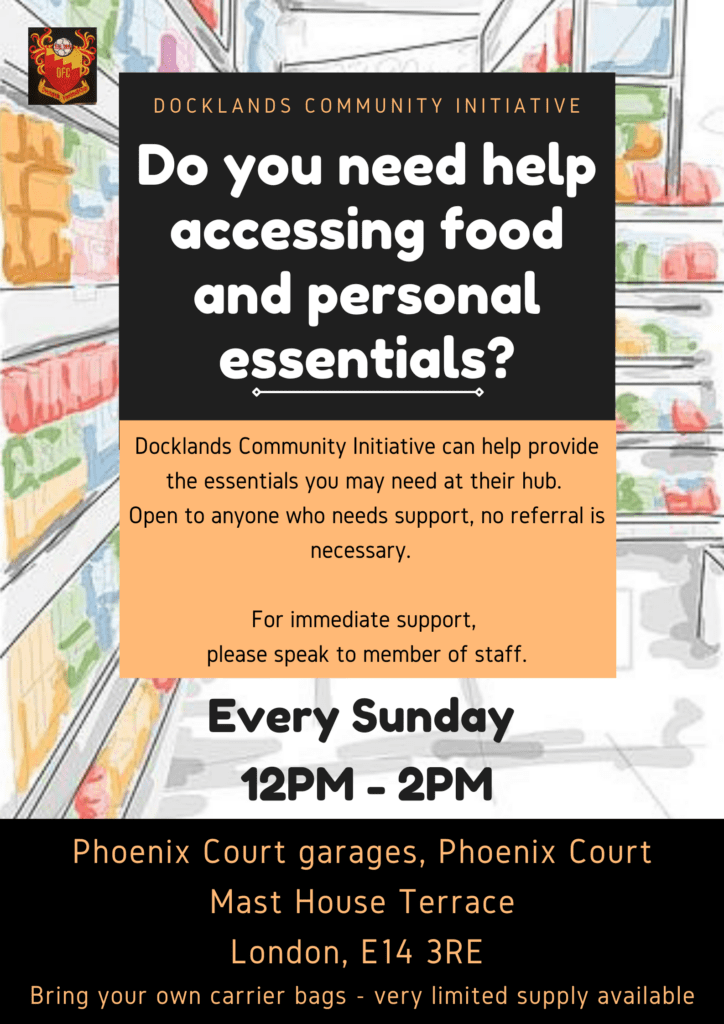
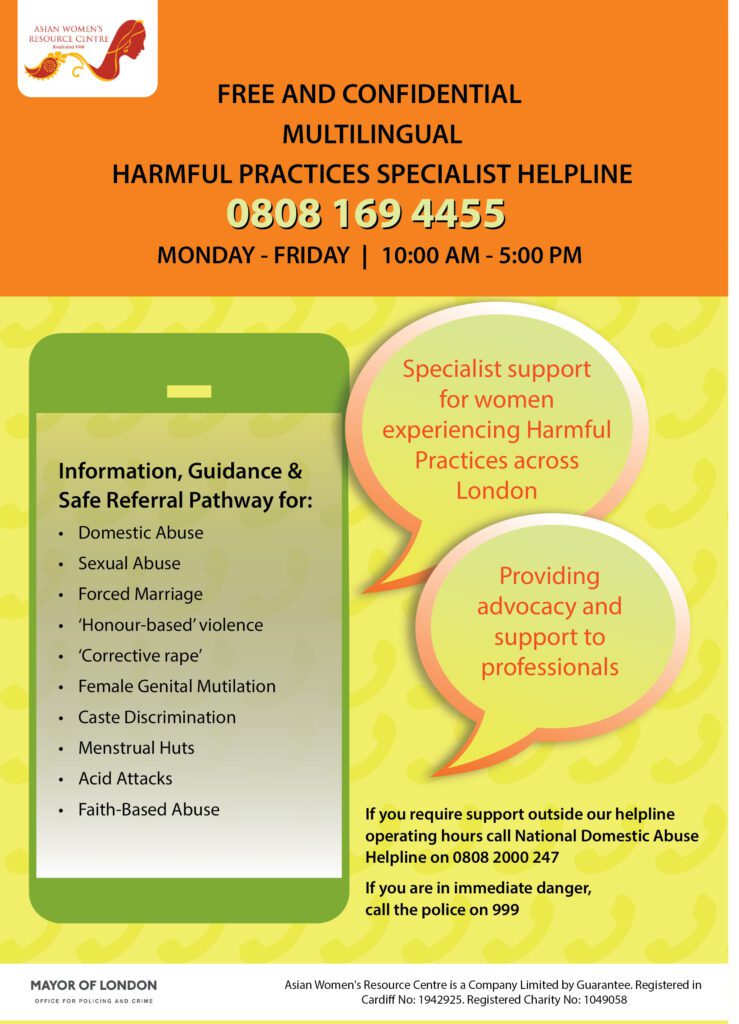
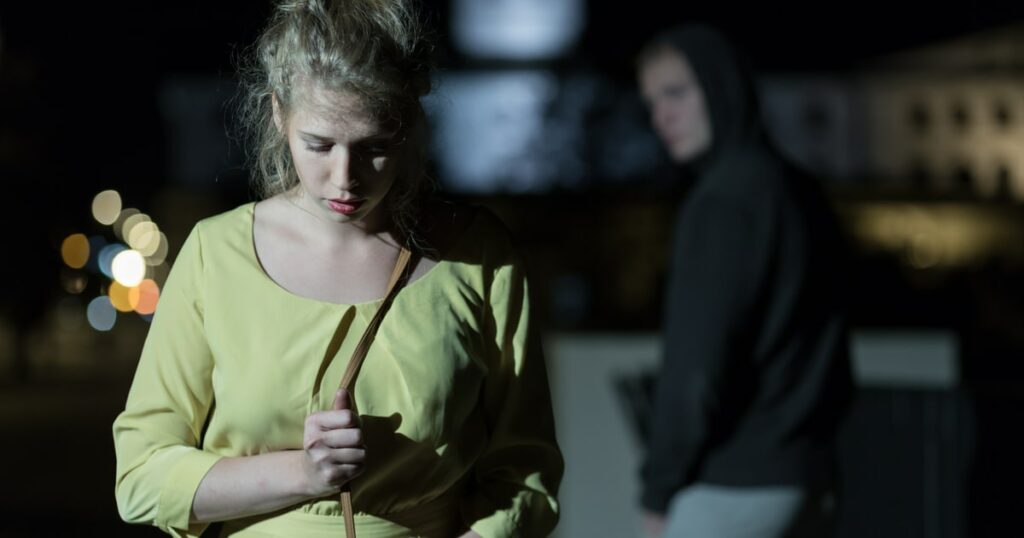
WALKING ALONE? REMEMBER THESE 10 TIPS
1) Plan Your Route
Make sure you plan your route ahead of time. If you are walking in an area you are not familiar with, this can help keep you from getting lost. You will be able to walk with confidence. If you do get lost, don’t wander aimlessly, find a gas station, supermarket, or fast-food restaurant where you can ask for directions.
2) Make Sure Someone Else Knows Your Plans
Don’t go out when it is dark without telling someone, even if you are just taking the dogs out for a walk around your neighbourhood or walking home from a friend’s house nearby. It may seem paranoid, but in fact, knowing someone knows where you are can be reassuring and help you feel safe. If you fall and hurt yourself or run into trouble, and someone knows where you are, they can send help if you don’t arrive at your destination on time.
3) Always Carry Your Phone with You
Always carry your phone, but not for music or to make social calls as your walk. Your phone can be a lifeline if you see something suspicious or worse if something happens to you. Download a safety app on your phone, so you’ll be able to discreetly alert the authorities if you feel threatened or see something suspicious.
4) Avoid Suspicious People and Areas
Areas that are dark, deserted, or out-of-the-way, such as an alley or a parking lot, can be riskier than a well-lit area full of people. Stick to busy, lighted paths, to minimize the risks. Also, walk mainly in familiar places where you are known. That way, if you feel like a suspicious person is following you, you can always duck into a store you know or knock on a neighbour’s door. Avoid empty streets and pathways with thick shrubbery.
5) Keep Your Hands Free
Except for a flashlight and one of the items discussed below, keep your hands free. If you are carrying anything, put it all in one bag or backpack. This will make it easier for you to react if you notice someone following you. In a dangerous situation, carrying too many bags can keep you from moving as quickly as you can if your hands are free or if you only have one bag.
6) Carry a Non-Violent Deterrent
In addition to a flashlight, carry a non-violent deterrent such as a whistle, mace, or pepper spray. A whistle will help you alert others and call them to aid you if something is wrong. The loud noise may put off attackers, and they’ll move on to find someone else. Mace or pepper spray can give you enough time to evade a potential attacker, and in a pinch, a flashlight can be used as a weapon. Make sure you know how to use the mace or pepper spray to get its full effect.
7) Wear Reflective Clothing to Prevent Accidents
When it comes to personal safety, it’s not just about suspicious people. Areas with low visibility can be prone to accidents. Reflective clothing allows bikers and cars to see you as you walk along. A flashlight or headlight can also help drivers see you if there are dark stretches of road on your route.
8) Take a Self-Defence Class
When fighting off something as an assault, the element of surprise can work in your favour. If you regularly walk alone, take a self-defence class. You don’t have to become a black belt. In fact, it’s probably better to learn something like Krav Maga, which has been popular for self-defence. The idea is to disable your attacker enough for you to get to safety, and a class focused on self-defence will help give you those survival skills.
9) Remove Any Distractions
Keep your phone in your hand in case you need to hit the panic button on your safety app, but don’t let it distract you. When walking alone at night for exercise, music can be motivating and energizing but also distracting. You may not hear someone driving or walking up behind you. Avoid wearing headphones or talking on your phone as you walk.
10) Trust Your Gut
When walking alone at night, trust your gut. If you feel like an area or situation may be dangerous, don’t wait around to find out. Stop and scan your surroundings if you think someone is following you. If you are being followed, walk as quickly as you can to a well-lit public place. You can wait until you feel safe, or call a friend, a taxi, or an Uber to help you get safely get home at night.
Following these personal safety tips will help keep you stay safe when walking alone. Always be aware of where you are and alert to suspicious activity.

Important Numbers:
Domestic Violence Duty Line: 020 7364 4986 between 9am – 5pm.Victim Support: 020 7364 2448/7957
Just wishing everyone a peaceful, safe and week and remember if you need information and advice from the Carers Centre just email enquiries@ccth.org.uk
Tony Collins-Moore
Carers Wellbeing Academy Manager

Opening hours
Monday - Friday – 9.30am – 5pm
Saturday and Sunday – Closed
